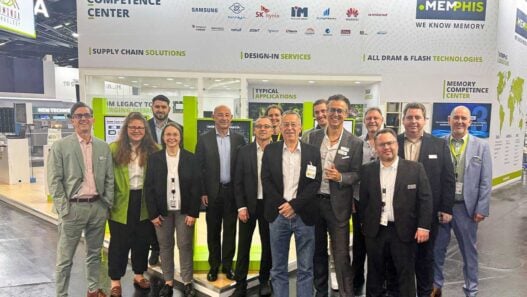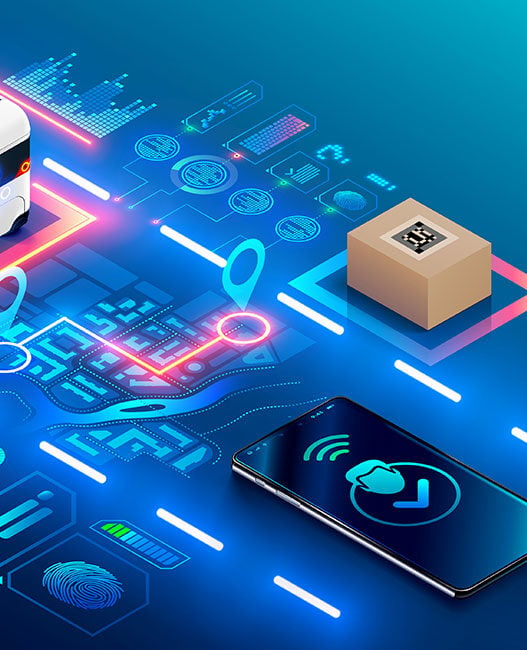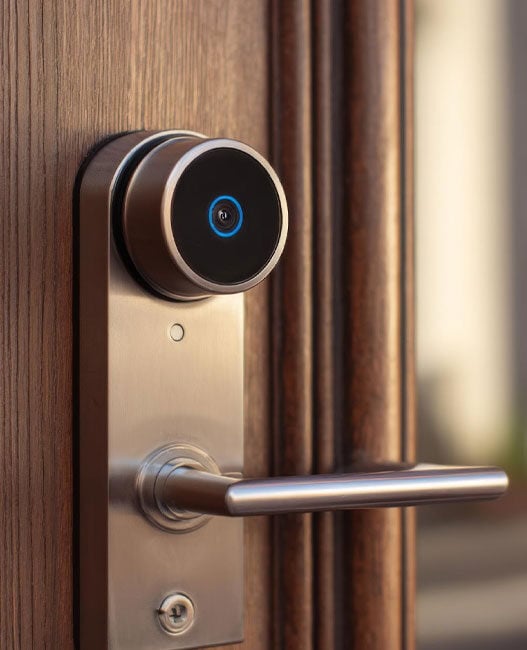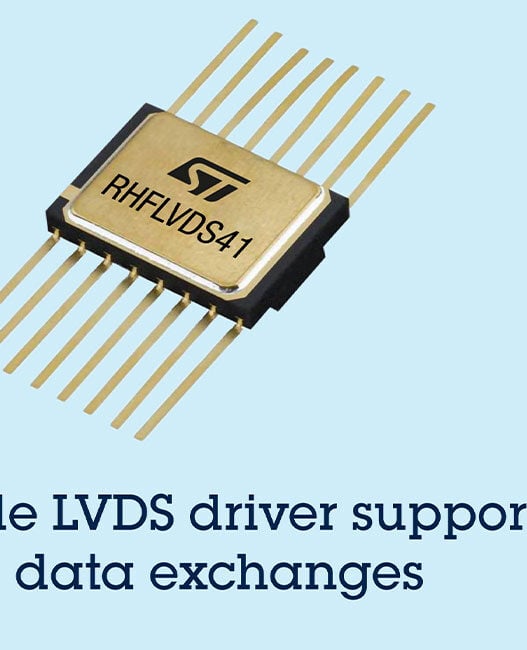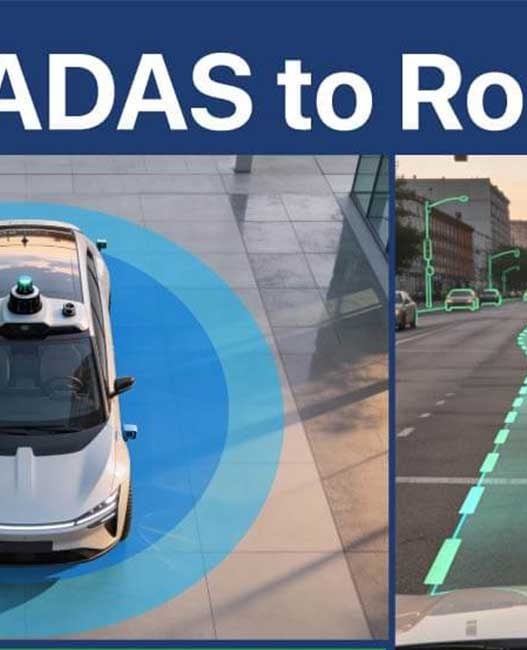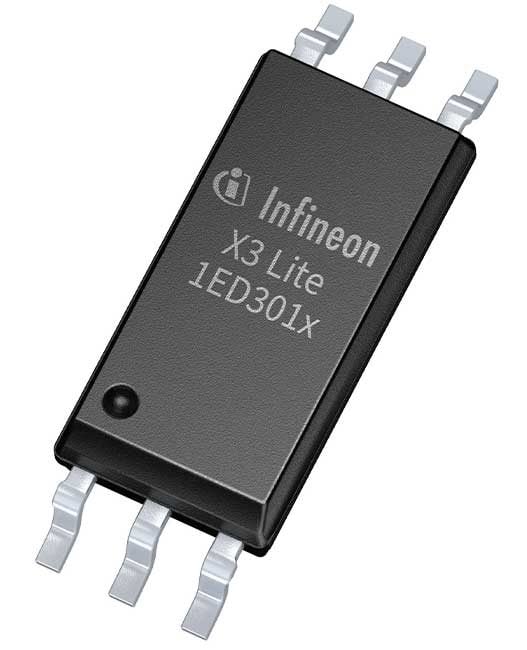Teens Can Code’s mission is to provide computer programming training to disadvantaged students and equip them with skills to be creators in the digital economy.
Teens Can Code supports do your :bit challenge
The partnership will see Nordic provide a grant to help Teens Can Code inspire hundreds of school students (particularly girls and those from disadvantaged backgrounds) to learn digital skills and apply them to create social impact. The grant will enable Teens Can Code to train teachers and volunteer educators in schools and community groups to support participants in the Micro:bit Educational Foundation’s next ‘do your :bit’ challenge. The do your :bit challenge is an initiative inspired by the United Nations’ Global Goals for Sustainable Development and is designed to add social purpose to digital learning by allowing students to apply their digital skills to real world issues.
Teens Can Code became involved in the Micro:bit Educational Foundation’s do your :bit challenge in 2019-20, and with the benefit of external funding was able to carry out workshops and training across Nigeria to inspire young people to participate in the challenge. These workshops in turn produced the winning entry for the challenge in Africa, a device designed to prevent underwater pipeline vandalism around Nigeria’s coastline causing harm to sea life. In lieu of access to a BBC ‘micro:bit’—the Nordic SoC-powered, pocket-sized educational computer—the team designed their innovative solution using the micro:bit simulator on Microsoft’s MakeCode editor.
“The support provided by Nordic Semiconductor and the Micro:bit Educational Foundation allows Teens Can Code to recruit volunteers and teachers who are ready and willing to learn so they can pass the knowledge to students in various communities, who otherwise may never even hear about the amazing opportunity the ‘do your :bit’ challenge offers,” said Damian Isaac Ezirim, founder of Teens Can Code.
“Many of these students are going to be writing their first line of code or creating their first program, and many will be engaging in solving real-world problems for the first time.”
Teens Can Code will use part of the funding to carry out an enhanced version of the training program provided last year with an additional technical session on how to code a micro:bit. “This will give students the opportunity to really immerse themselves in all of micro:bit’s functionality, and explore how this technology can help them achieve social impact,” said Magda Wood, chief of Learning, Micro:bit Educational Foundation.
Nordic-powered micro:bit unlocks digital creativity
By 2025, the Micro:bit Educational Foundation aims to have reached 100 million children via 20 million devices – each powered by a Nordic short range wireless SoC – encouraging and training the engineers who will build tomorrow’s connected world. Supporting organisations such as Teens Can Code forms a key part of the strategy to extend the micro:bit’s global impact.
“This partnership showcases the inspiration that the micro:bit, powered by Nordic technology, brings to young people across the globe,” added Wood. “The micro:bit demystifies technology, enabling young people to understand the digital world around them and unlocking their digital creativity.”
“This collaboration with long-time partner the Micro:bit Educational Foundation reinforces Nordic’s commitment to STEAM [Science, Technology, Engineering, the Arts, and Mathematics] education by supporting young people from disadvantaged areas of Nigeria to get involved in the ‘do your :bit’ challenge,” said Geir Langeland, EVP Sales and Marketing, Nordic Semiconductor.
The next generation micro:bit V2 uses Nordic’s nRF52833 Bluetooth Low Energy (Bluetooth LE) advanced multiprotocolSystem-on-Chip (SoC) as the device’s main microprocessor. The SoC’s powerful 64MHz, 32-bit Arm Cortex M4 processor with floating-point unit (FPU), generous 512kB of Flash memory and 128kB of RAM, and 2.4GHz multiprotocol radio (supporting Bluetooth 5.2, Bluetooth mesh, Direction Finding, 2Mbps throughput, and Long Range plus Thread, Zigbee, IEEE 802.15.4, and proprietary 2.4GHz RF protocol software) enable the micro:bit V2 to support, for example, new complex functionality such as artificial intelligence (AI) and machine learning (ML) applications that respond to sound, voice, motion and light patterns.



